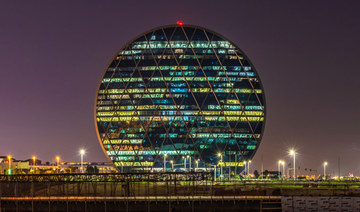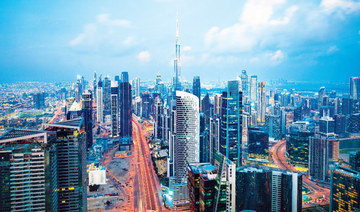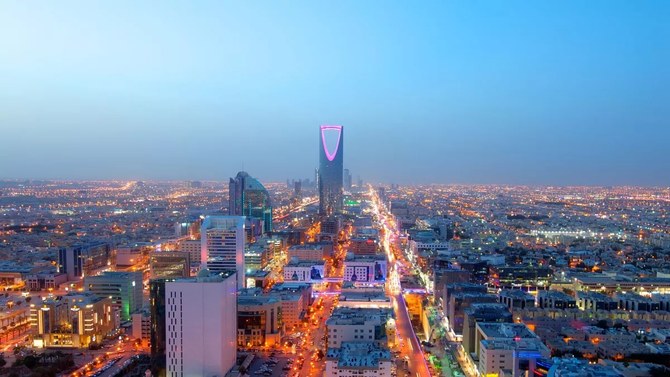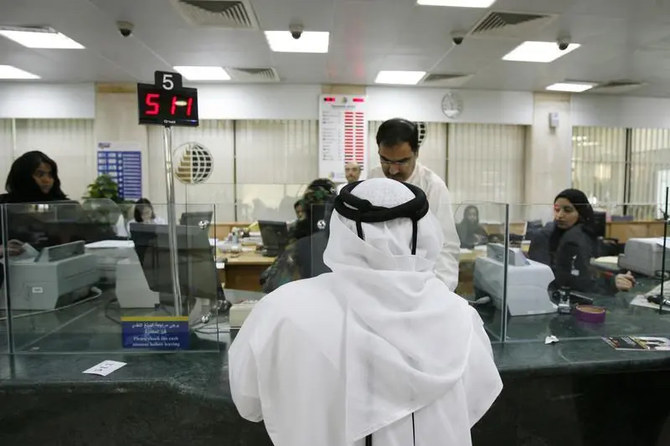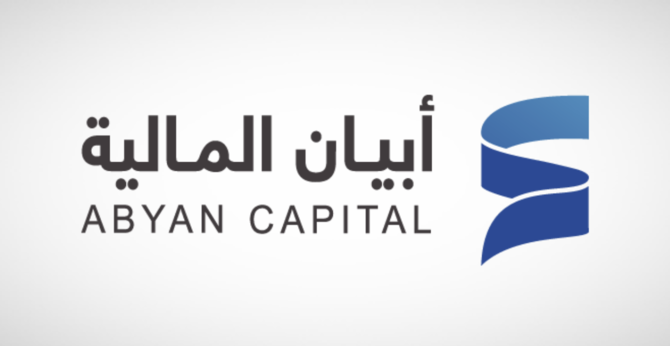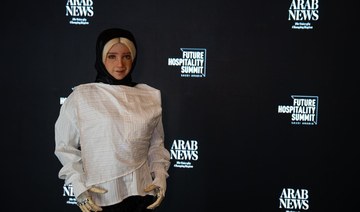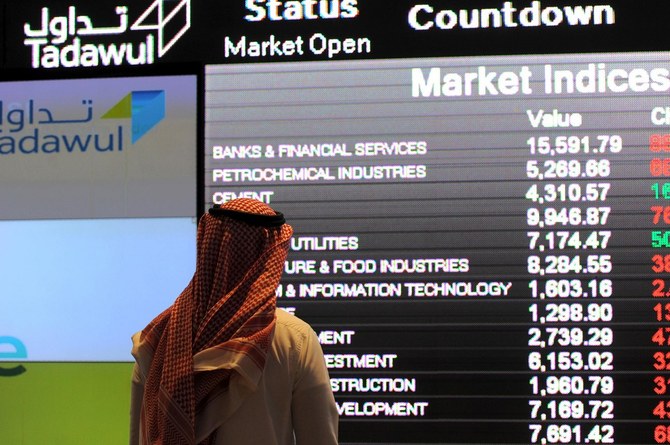RIYADH: Would people spend hundreds of thousands of dollars on a virtual property? You bet they will. Quite a few have already done so.
It is more than just a virtual high a celebrity like Snoop Dogg would resort to; companies such as PwC, Samsung and HSBC have purchased virtual plots of land. JP Morgan recently opened a branch in the metaverse.
Real estate purchases in the metaverse topped $500 million in 2021 and could double to $1 billion this year alone, according to data analytics firm MetaMetric Solutions.
Companies like Xclusiverse have started betting on this demand. Bridging the divide between the real and virtual worlds, the company connects real estate brokers, owners, sellers and buyers interested in digital and real-world properties.
Developed by Unicorp Capital, the first phase of the platform gives access to thousands of landholding brokers and developers worldwide to list their real-world properties in the digital world. The next stage, planned for September 2022, will facilitate the purchase of virtual property in the metaverse.
FAST FACT
Real estate purchases in the metaverse topped $500 million last year and could double to $1 billion in 2022.
“Real estate is facing challenges in keeping up with tech and digital transformation. There is a lack of inventory and of scalability for realtors. We don’t see very rich digital marketing strategies, changed sales processes, or real immersive learning experiences,” Florina Onetiu, co-founder of Unicorp Capital, told Arab News.
“The real estate industry can address real issues online by creating a community of people to buy and sell property securely in the real world and the metaverse,” she added.
Realty check
Realtors can access Xclusiverse by purchasing an annual membership with several features, including virtual office space. The membership can be customized based on individual business needs.
“Why now? The metaverse economy is big and getting bigger. Data projections show expected revenue compound annual growth rate will reach 44 percent this year,” said Onetiu.
“The growth is due to its increasing popularity, the rub-off of COVID-19, the advent of augmented or virtual reality and the practical use of metaverse to purchase digital assets using crypto and non-fungible tokens. When Facebook launched their metaverse project last year, everything exploded,” she added.
In October 2021, Facebook announced it was rebranding to Meta with a strong focus on all things metaverse. MetaMetric data revealed that real estate sales soared nine-fold to $113 million in November. Grayscale, a crypto asset manager, predicted that the digital world could grow into a $1 trillion business.
Seismic shift
A JP Morgan report detailed that the average price for a parcel of virtual land grew two-fold in six months in 2021, rising to $12,000 in December 2021 across the four leading metaverse platforms. According to a report by metaverse real estate developer Republic Realm, the most popular spot to buy virtual land is Sandbox, home to over 60 percent of land sales made in 2022. Warner Music, Gucci and Snoop Dogg have all purchased virtual assets in Sandbox.
Purchasing virtual land is rooted in the blockchain, a concept based on decentralization, where no central bank or government could impose rules. However, regulations designed to protect virtual assets and support this nascent industry are rising, particularly in Dubai.
“We anticipate that more startups targeting the virtual asset space will choose Dubai as either a launchpad for their operations or a key market,” said Nadim Bardawil, a partner at BSA Legal, an international corporate law firm.
“The UAE has already put itself squarely in the list of jurisdictions willing to regulate nascent technologies such as those utilized to create, buy, or sell virtual assets. This development continues to bolster this strategy.”
He added that while the recently created Virtual Assets Law has been issued in the UAE, it does not explicitly outline how virtual assets will be regulated. Part of the Virtual Asset Regulatory Authority’s mandate is to enact a regulatory framework for the regulation of virtual assets, and “we are expecting the first set of regulations to be issued within Q2 of 2022.”
A self-funded startup, Xclusiverse is aiming for a funding round in June to scale up its operations and drive the real estate industry firmly into the digital era. The plan includes facilitating the purchase of virtual assets online and becoming a virtual meeting place to close real-world deals. Every real estate broker who is a member of the platform will have their own office in the metaverse.
“We have created these spaces to allow our members to expand their portfolio to worldwide leads and clients and socialize and take their virtual relationships into the real world, creating a marketplace of meaningful services for realtors that transcends boundaries,” said Onetiu. “Metaverse is the new social media.”




